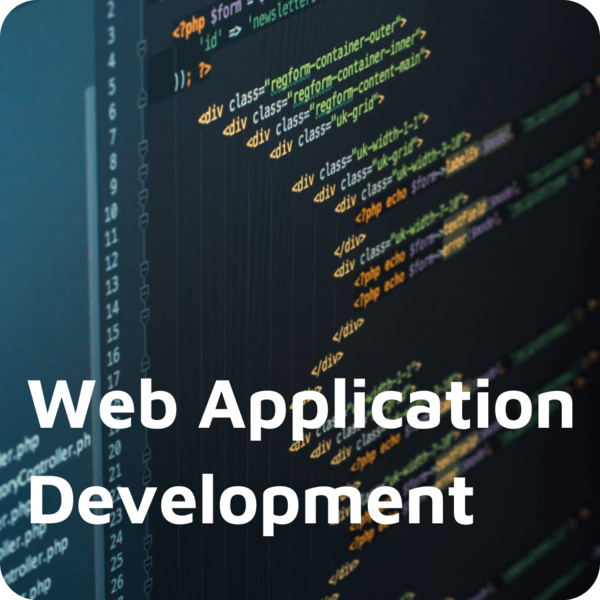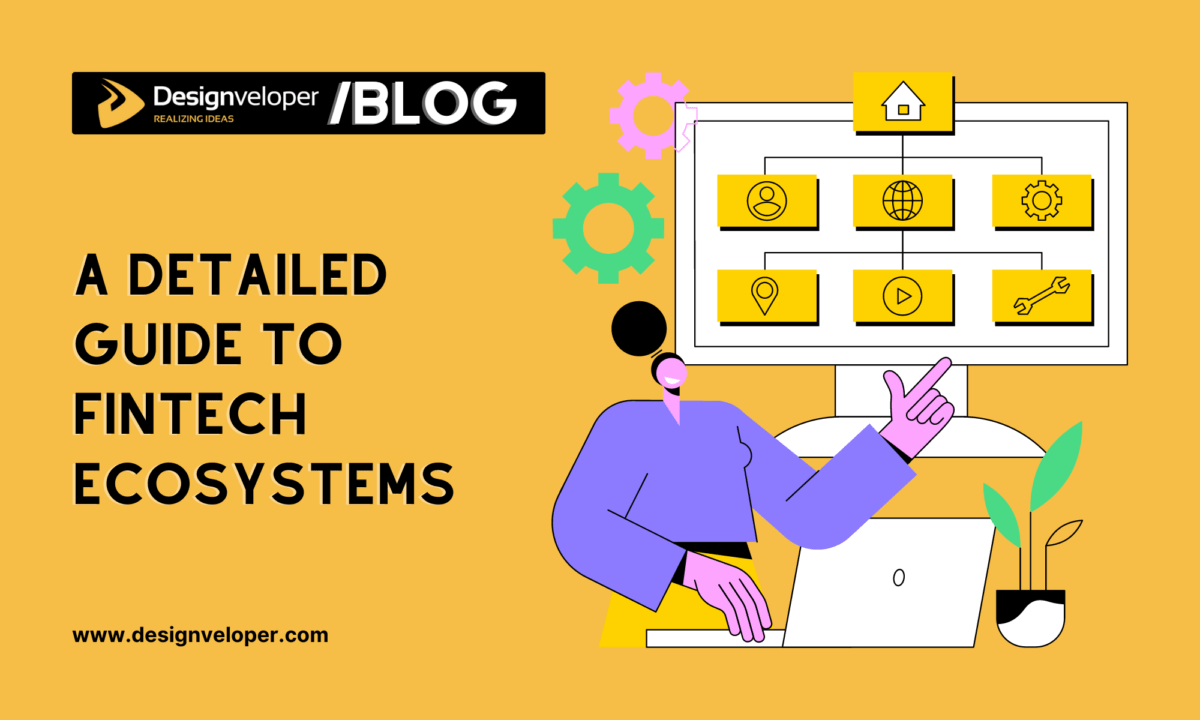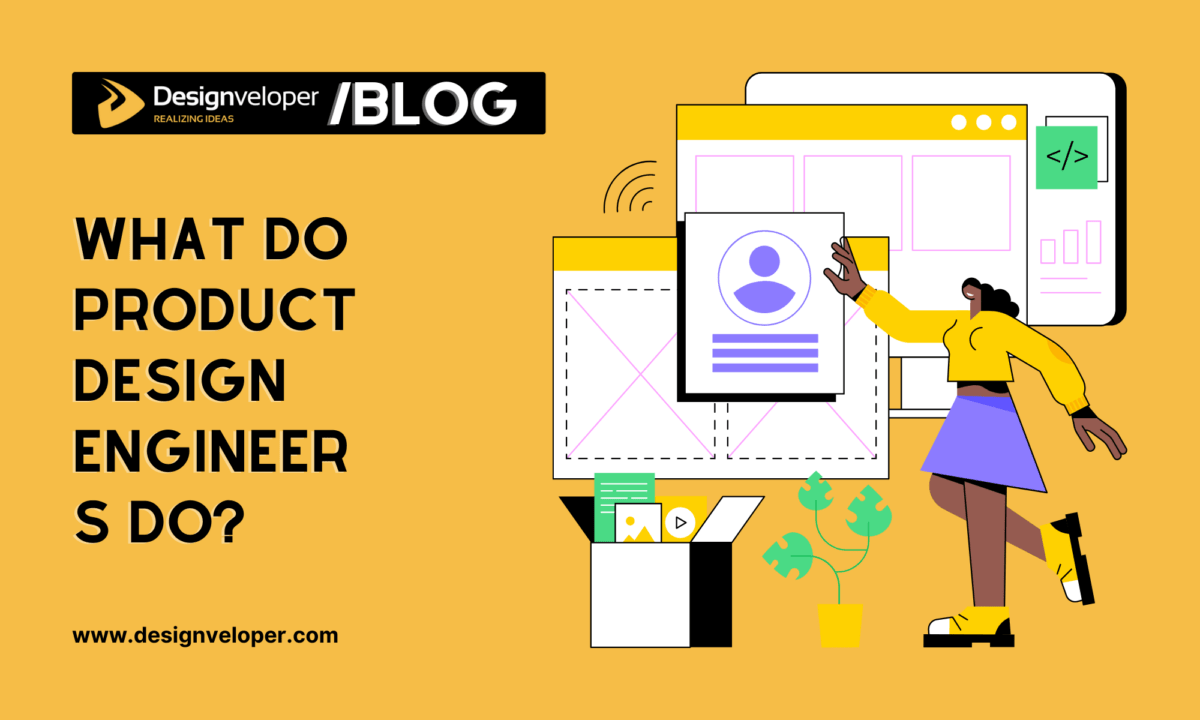You must already know that Python programming is taking the technology industry by storm ever since it was ‘born’. However, in an attempt to help you know Python better, people at Designveloper have conducted this piece which includes the answers to “what is Python programming?” and “why one should learn Python?”.
What Is Python Programming?
1. Python’s origin
1991 marked the birth of many different amazing inventions, events, accomplishments, etc. Do you remember those grunge songs from Nirvana? Or Michael Jackson with his classic “Black and White”? Say, the premiere of “The Addams Family” as well as one of the most important computer programming languages of the technology era – Python?
Yes, Python programming was built by Guido van Rossum – a Dutch programmer – in the very same year. It is defined as an interpreted, high-level programming language that can be used to develop various types of applications.
Many developers will think the programming language’s name was dubbed after the longest reptile in the world but actually, the word “Python” came from a British comedy series called “Monty Python’s Flying Circus”.

2. The Zen of Python
Maybe you have already known the first 4 famous sentences of the Zen of Python, which is used to guide developers when using Python, but here is the full version of it:
“Beautiful is better than ugly.
Explicit is better than implicit.
Simple is better than complex.
The complex is better than the complicated one.
Flat is better than nested.
Sparse is better than dense.
Readability counts.
Special cases aren’t special enough to break the rules.
Although practicality beats purity.
Errors should never pass silently.
Unless explicitly silenced.
In the face of ambiguity, refuse the temptation to guess.
There should be one– and preferably only one –obvious way to do it.
Although that way may not be obvious at first unless you’re Dutch.
Now is better than never.
Although never is often better than *right* now.
If the implementation is hard to explain, it’s a bad idea.
If the implementation is easy to explain, it may be a good idea.
Namespaces are one honking great idea — let’s do more of those!”
3. What is Python used for?
Since it has so many advantages in comparison with other programming languages, Python programming is practiced in various big and small tech companies such as:
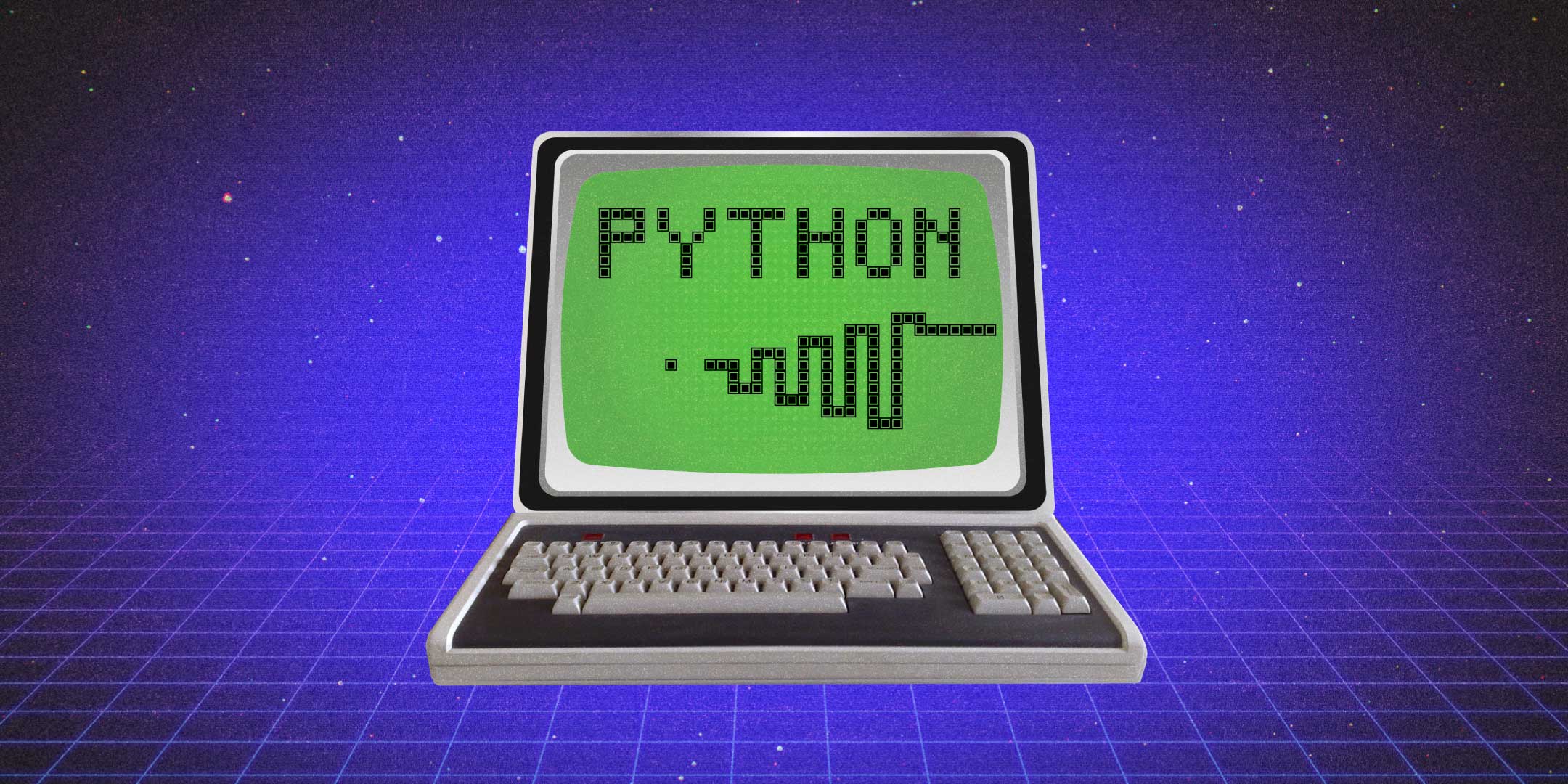
- Google, to operate the search engine and the video-sharing website YouTube. In fact, the founders of Google stated: “Python where we can, C++ where we must”.
- Mozilla, they have written more than 230,000 lines of code in Python.
- Microsoft, this company uses Python to develop its IDE and Visual Studio Code.
- Netflix, Python is applied in every product and experiment from data science to its regional failover monitoring software.
- Reddit, the 4th most used social networking site, uses Python to develop the entire website.
Comes to the world as a superhero that can resolve mostly everything regarding technology, the uses of Python just are not just a few listed above, instead, this versatile programming language also enables developers to:
- program CGI for web apps.
- work on data science.
- build RSS readers.
- read from and write to MySQL, PostgreSQL.
- develop various AI projects.
- program software and applications like Blender, Calibre, etc.
- read and modify files.
So, in short, you can use Python for mostly every idea that comes to your mind.
4. Some languages influenced by Python
Because of its amazing features and popularity, Python programming has been a huge inspiration to a bunch of newborn languages. Some of them use similar syntax and indentation from Python (Boo, Cobra, etc.). Others borrowed generators and iterators (JavaScript).
By the way, in many cases, Python becomes a standard to design new programming languages. Say, Ruby’s creator once said he wanted a scripting language that had been more powerful than Perl, and more object-oriented than Python.
Why Developers Should Learn This Language?
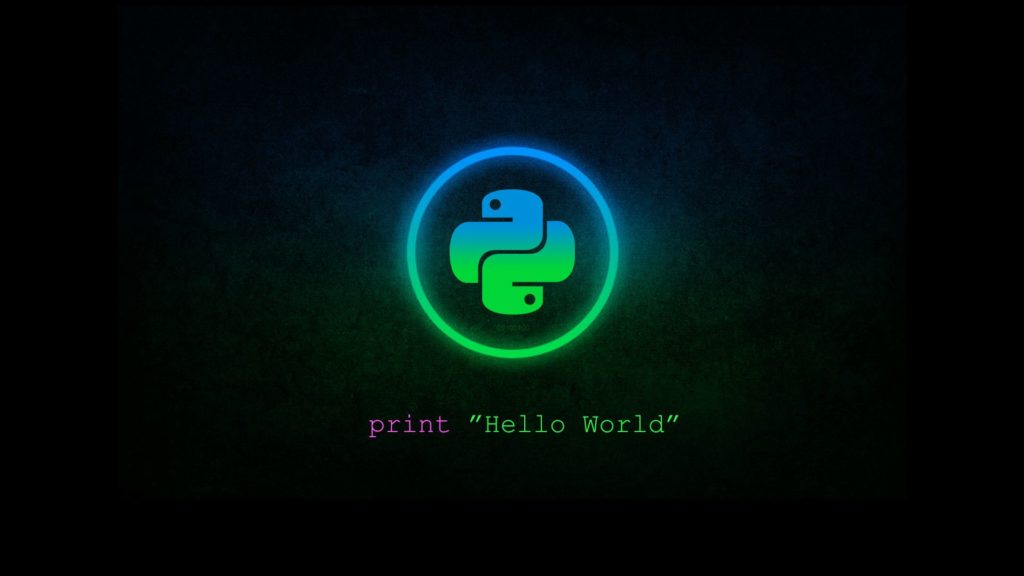
1. Because it’s easy to learn
… so why not?
One of Guido’s purposes when designing Python programming was to create a readable, understandable and exciting programming language. That’s why he formed syntax based on the English language. This allows us human beings to be easily aware of what is going on on the screen, of course, you must know English first!
Furthermore, if you’ve ever used C++ or Java, you must notify the huge number of lines of code created to program a certain application. Regarding Python, we are able to cut it off like 3 – 5 times. That means an enormous amount of time and effort has been saved. Instead, beginners can use these resources on learning tactics and practice or focus on resolving problems.
2. Python has a large community
Thanks to all the amazing things you can do with Python programming, it’s no doubt that this programming language has one of the most crowded user communities.
In 2019, Python was the second most loved and the top most-wanted programming language on StackOverFlow’s Developer Survey. Nevertheless, it is also the number one programming language across the world in 2018 according to IEEE Spectrum Ranking. Want some more evidence? Well, let’s take a look at GitHub where the number of projects using Python is huge and increasing unstoppably day by day.
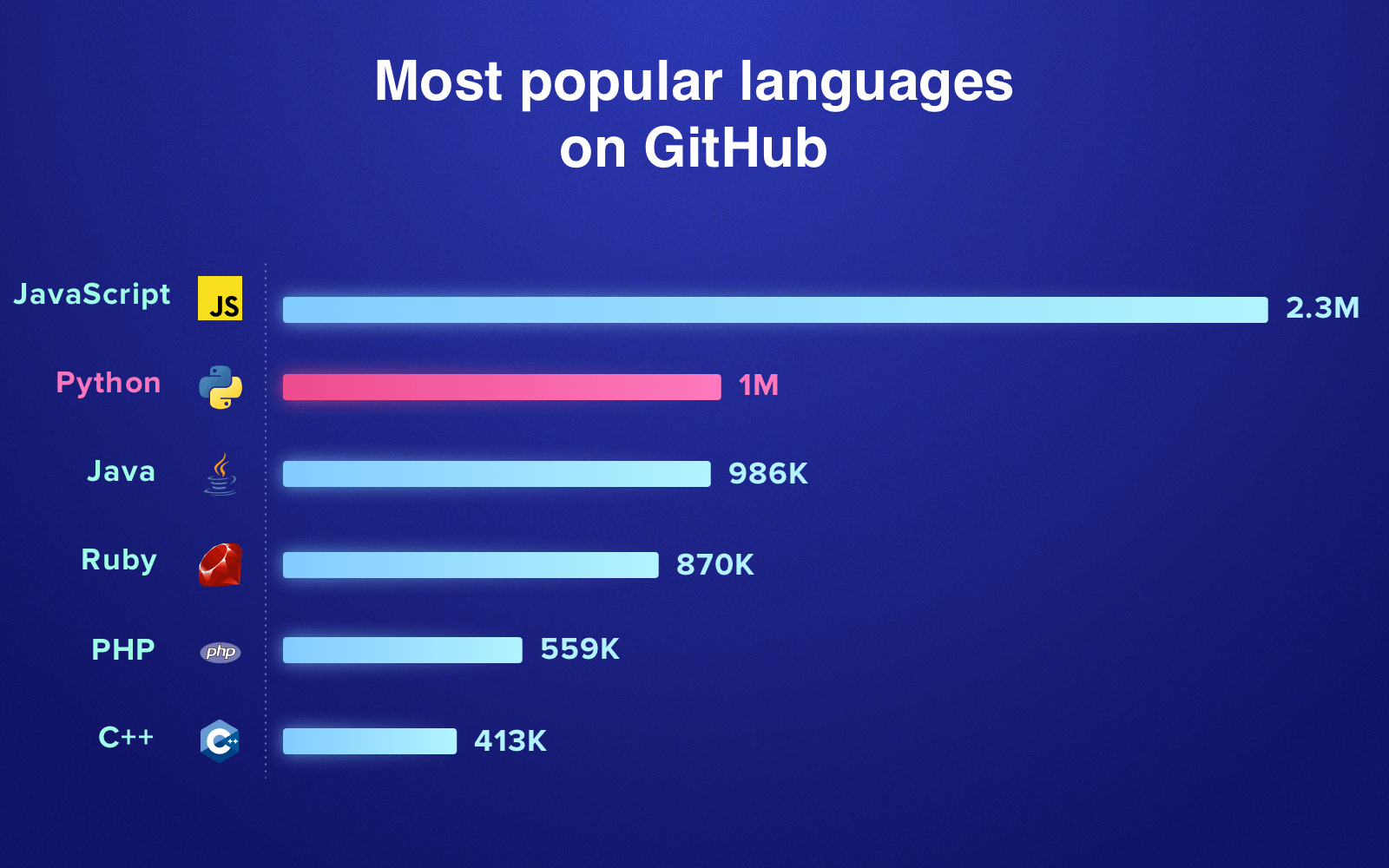
On the one hand, these proofs can be translated as you can solve your problems quickly since there are a lot of experts available, and most of them are willing to work on the problem alongside with you to enhance or improve this open-source programming language.
On the other hand, shared code, tutorials, documentation, and examples related to Python are accessed easily.
3. Python programming has a sheer number of libraries and frameworks
Libraries and frameworks help you not only develop a product faster but also focus on business matters. Luckily, many developers and organizations have contributed numerous full-furnished standard or external libraries for Python programming such as:
- Django, Flask, and Pylons (for web development).
- Numpy, Pandas, and Matplotlib (for data science and visualization).
- Tensorflow, Scikit-learn (for machine learning).
- PyQt, Gtk, wxWidgets (for desktop applications).
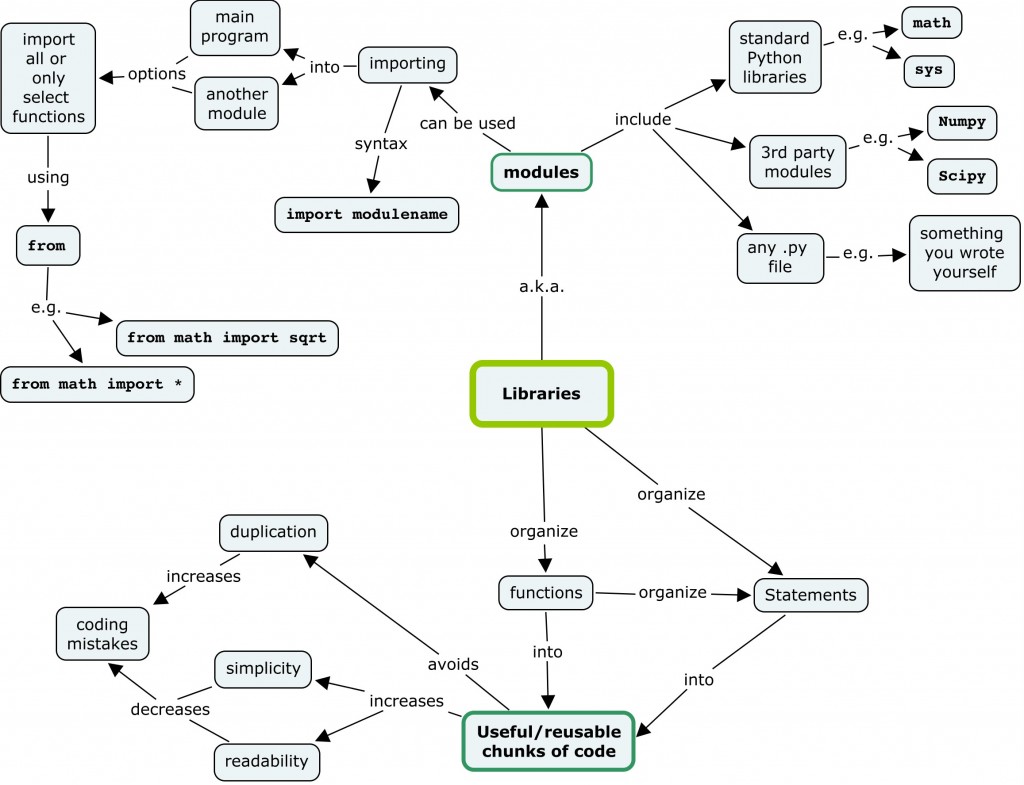
4. The demand for developers who know this one is high
As mentioned above, many big and small are using this very programming language so it’s safe to say that one will never be unemployed if they can handle Python well enough. Furthermore, Python programming can also help accelerate your career since many projects will adopt this one to develop their products. Therefore you, as a beginner, have a lot of chances to practice and become an expert.
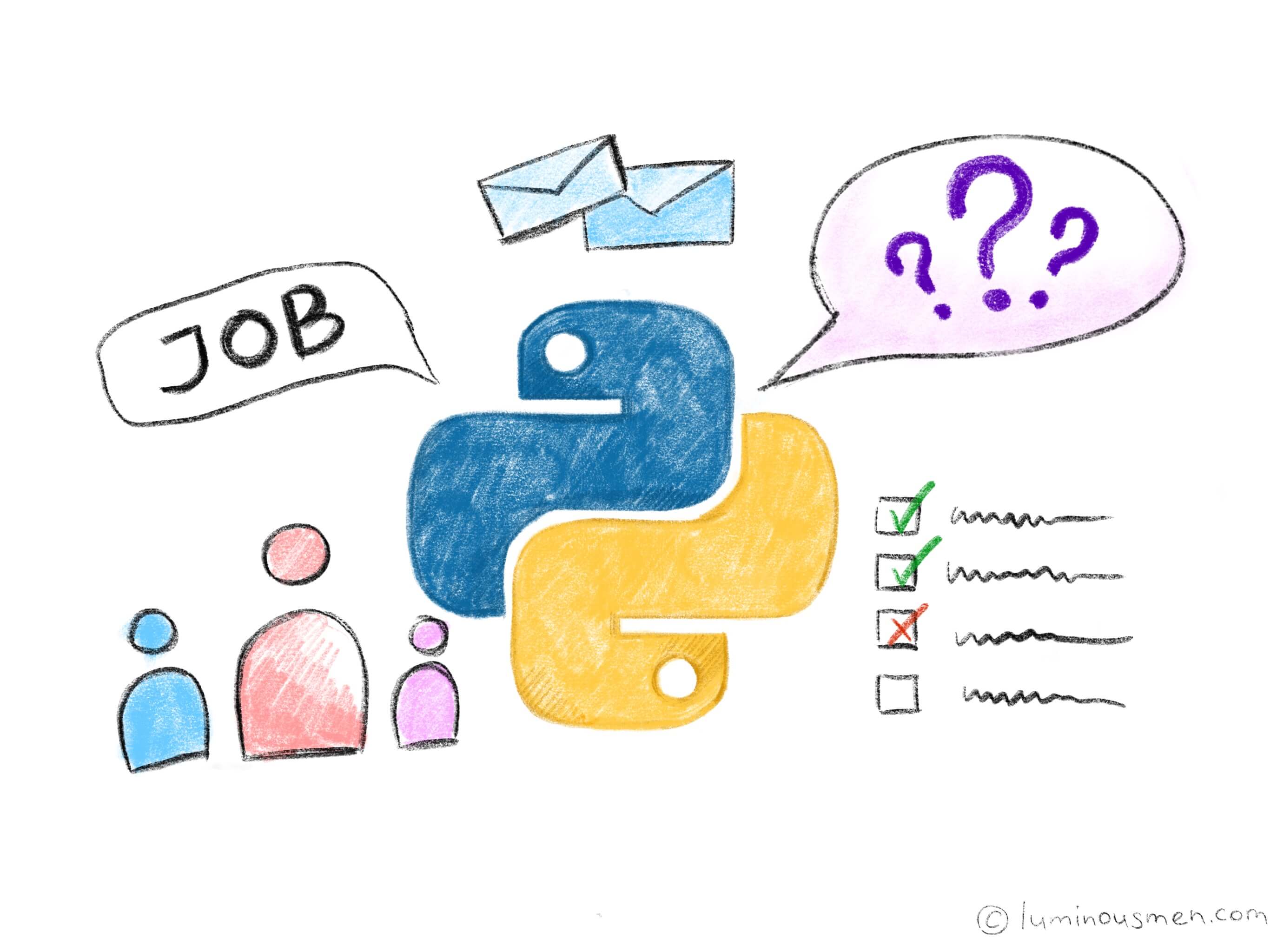
But, another critical factor that affects the decision to learn one programming language is the salary, and Python got your back! According to Payscale, Python developers in the U.S. get an average amount of salary up to $135.000/year. In another piece of research, the wage growth of developers who can code in Python is 4% higher than other developers.
However, everything has its upsides and downsides. And so does Python, developers have to face some disadvantages:
- Python is seen as a weak language for mobile app development.
- Python’s memory consumption is considered high.
- Due to the fact that Python is a high-level programming language, it is slower than C or C++.
Conclusion
Python programming is simple and easy to learn. It has a big community that can support you anytime, anywhere. And finally, the salary for Python developers is great. So, what are you waiting for?
We hope this article has done its job to help you understand Python better.
But hey, if you are seeking a software development company to partner with, look no further. We offer a wide range of services from web development and application development to web design and business consulting.












